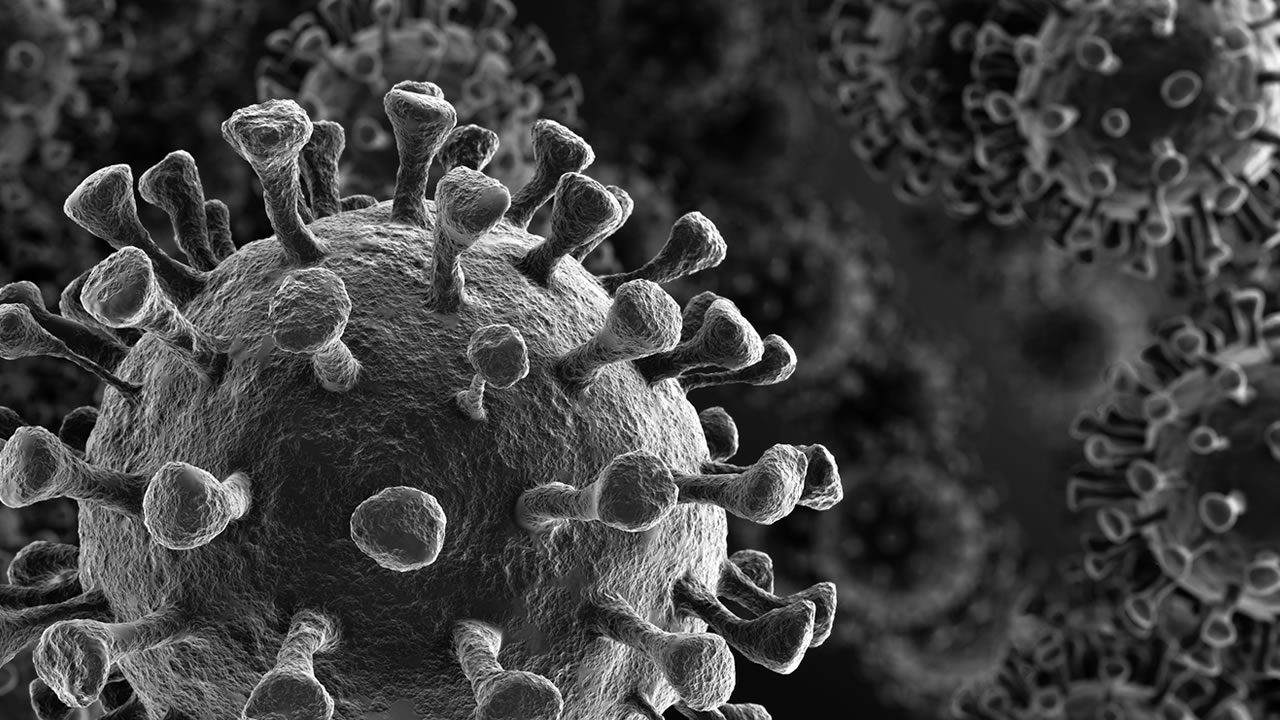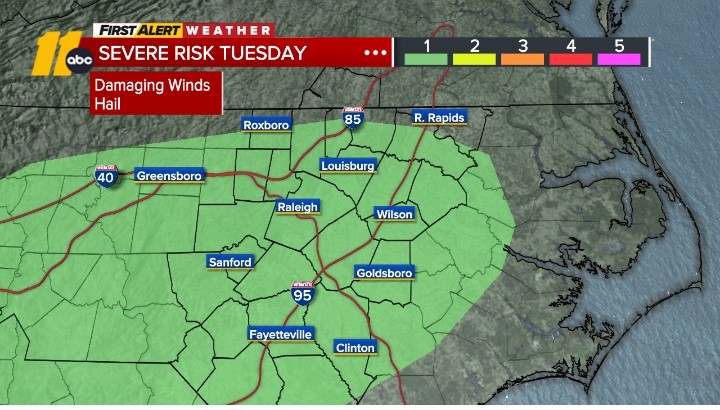What to do if you think you have COVID-19 coronavirus symptoms

If you're worried about having COVID-19, the illness caused by the novel coronaivus, here's the topline guidance from the Centers for Disease Control and Prevention: "If you have a fever or cough, you might have COVID-19. Most people have mild illness and are able to recover at home. Keep track of your symptoms. If you have an emergency warning sign (including trouble breathing), get medical attention right away."
If you think you are developing symptoms associated with COVID-19 and have reason to believe you have been exposed to the virus, the CDC recommends calling your doctor. Symptoms include fever, cough and shortness of breath and can appear up to two weeks after exposure.
Be prepared to discuss your symptoms and explain when and how you think you have been exposed, whether through traveling or through contact with another person known to be infected. It's important to call ahead and not just show up at your doctor's office, the CDC said, to help prevent others from potentially being exposed.
Your doctor will then work with health authorities to determine if a COVID-19 test is warranted. There are a limited number of test kits available, so not all who display symptoms can be tested.
In addition, the CDC recommends that those who are confirmed to be infected or suspect that they could be follow these precautions in order to prevent the spread of COVID-19:
- Remain at home unless you are seeking medical care. Within your home, try to remain in a specific room away from other people and use a separate bathroom if possible. Your doctor will work with health authorities to determine how long you should remain in home isolation.
- Regarding face masks, the agency says those with COVID-19 should "wear a face mask when you are around other people (e.g., sharing a room or vehicle) or pets and before you enter a healthcare provider's office." Click here to learn more about face masks and the new coronavirus.
- Wash your hands with soap and water often, especially after blowing your nose, coughing or sneezing. Use an alcohol-based hand sanitizer with at least 60% alcohol if soap and water are not available.
- Refrain from sharing personal household items like cups, towels and bedding with others in your home.
- Clean high-touch surfaces like counters, phones, bedside tables and toilets daily. Surfaces that are contaminated with body fluids should also be cleaned regularly.
- Seek medical attention if you think your symptoms are worsening.
If you have COVID-19 and have been self-isolating, the CDC says you can stop self-isolating under the following conditions:
- If you will not be tested to determine if you are still contagious: If you have had no fever for at least 72 hours (and aren't taking medication to reduce your fever), your other symptoms have improved and it has been at least seven days since symptoms first appeared.
- If you will be tested to determine if you are still contagious: You no longer have a fever (and have not taken fever-reducing medicine), your other symptoms have improved and you received two negative tests in a row, 24 hours apart.
SEE ALSO: What Americans need to know about new coronavirus
This story was originally published on March 5, 2020, and has been updated to reflect changing guidance from health authorities.












